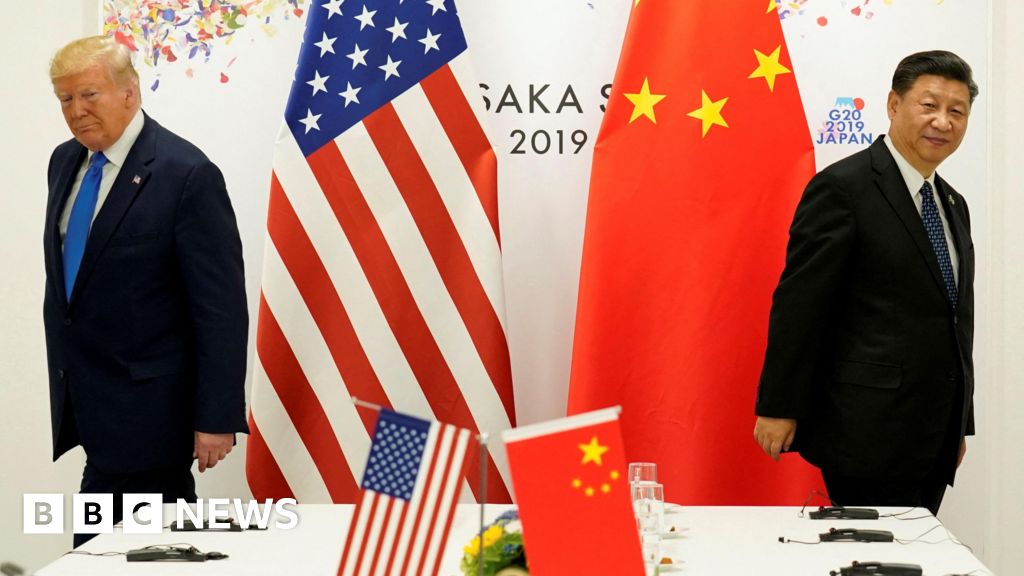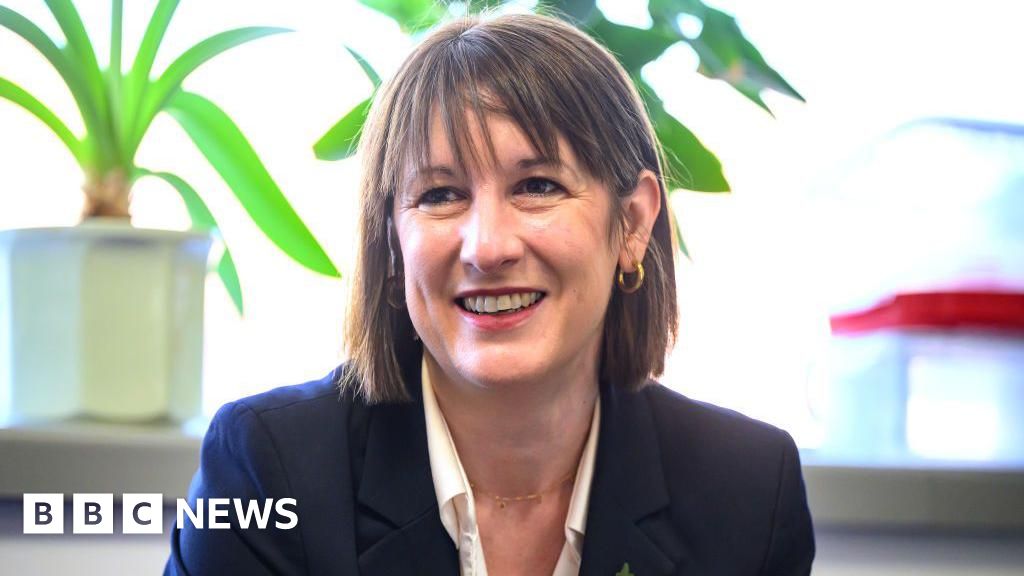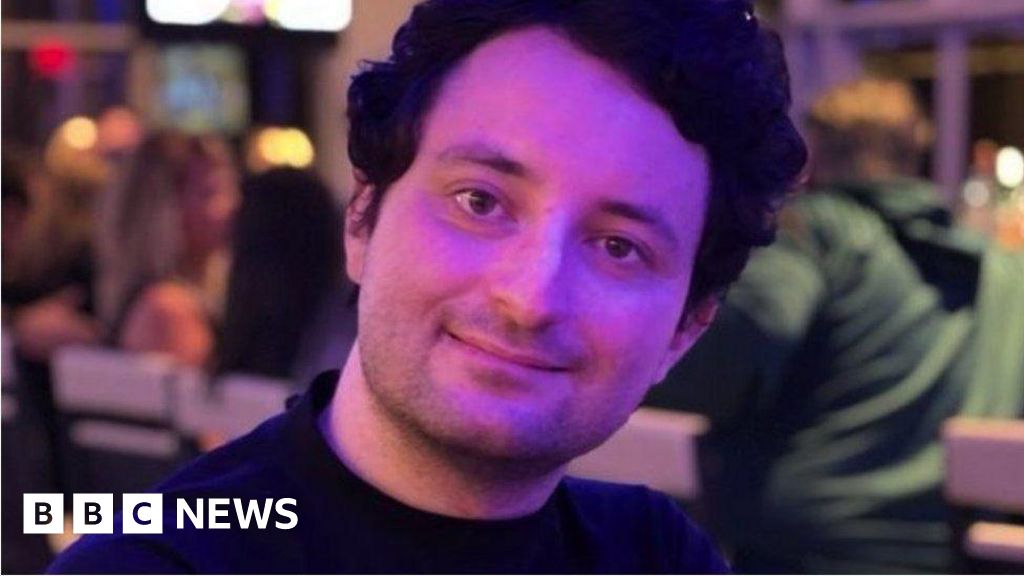Unlock the Editor’s Digest for free
Roula Khalaf, Editor of the FT, selects her favourite stories in this weekly newsletter.
Colombia’s leftist president Gustavo Petro has been dealt a blow in local elections, with opposition candidates sweeping polls for mayor, governor and councillor across the country.
Voters in all of Colombia’s major cities, including the capital Bogotá, rejected Petro’s allies in mayoral races on Sunday, while only two of 32 provinces elected governors backed by his Historic Pact coalition.
“It’s our duty as leaders to respect the voice of the people,” Petro, Colombia’s first leftist leader, said in a speech that largely focused on the peaceful conduct of the election following the announcement of the results. “We will work to articulate [the winning candidates’] campaign proposals so we can together build a country that fights corruption, injustice and faces the climate crisis.”
Carlos Fernando Galán, a centrist former senator with some opposition support, was elected mayor of Bogotá, considered the country’s second most important political post. Gustavo Bolívar, a staunch ally of the president who placed third, described the result as a “punishment vote” for the government.
In Medellín, Colombia’s second city and an opposition stronghold, former mayor Federico Gutiérrez unseated a Petro ally. Gutiérrez, a fierce critic of Petro who previously led the city from 2016 to 2019, contested the presidential race last year.
Petro, who in his youth was an organiser in the leftist-nationalist M-19 guerrilla group, promised to wean Colombia off oil and transform its economic orthodoxy when he took office in August last year.
But since passing progressive tax reform last December, his polarising plans to overhaul health, pension and labour laws have struggled to gain cross-party support in congress, despite his coalition’s significant blocs in both houses. His popularity rating is just 32 per cent, according to local pollster Invamer, down from 56 per cent when he took office.
Petro’s government and family have also been embroiled in scandal, with his son Nicolás, who is also a politician, arrested in July on money laundering charges amid a probe into the presidential campaign’s finances.
The government has also been rattled by a scandal involving Petro’s former chief of staff and former campaign manager over allegations of wiretapping a former nanny.
A cabinet reshuffle in April replaced centrists, including the respected finance minister José Antonio Ocampo, with allies of the president.
Analysts said Sunday’s results were unlikely to compel the president, whose administration as mayor of Bogotá was marked by similar dysfunction, to curb his ambitions. He has often sparred publicly with mayors including the outgoing leader of Bogotá, Claudia López, over the city’s under-construction metro system.
“It was a decisive defeat, but Petro and the Historic Pact remain powerful in congress,” said Jorge Restrepo, a professor of economics at the Javeriana University in Bogotá. “Petro will insist on his reforms and will strongly oppose the newly elected mayors and governors.”
Credit: Source link











